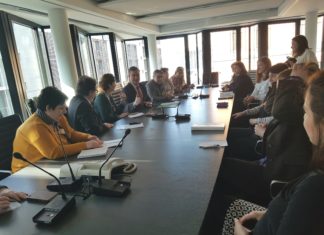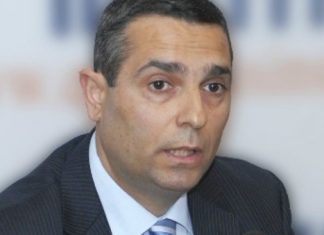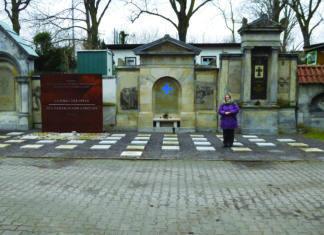 By Muriel Mirak-Weissbach
By Muriel Mirak-Weissbach
Special to the Mirror-Spectator
Living in Europe, the past envelops you like a warm garment, and is never absent, especially the recent past, say developments over the last century. This is particularly true of Germany, where the political class, as well as the broader population, have invested immense intellectual, financial and emotional resources to work through the darkest chapter in their country’s history. But not only: in the 20th century, Europeans either lived under a totalitarian dictatorship, as in Italy and Germany, or suffered the consequences through occupation, repression, internment, concentration camps and the ravages of war. So when a public figure expresses the view that some event smacks of Nazism, he or she is not engaging in reckless name-calling.
Increasingly over the past week, politicians in Europe have raised the question explicitly, whether the Turkey of Recep Tayyip Erdogan is becoming a dictatorship, a fascist regime, like under the Nazis.
Coup and anti-coup
Already at the time of the failed coup attempt in mid-July, when Erdogan responded with mass arrests and firings of public servants, military and civilian, officials in the judiciary, police and education sector, some ventured to suggest parallels with the Reichstag fire; when on February 27, 1933 an arsonist set the Reichstag in Berlin on fire, Hitler, who had weeks earlier become Chancellor, placed the blame on the communists. The Dutch Communist van der Lubbe was charged and the Hitler regime launched a massive roundup of suspects, under the rubric of fighting Communism.









